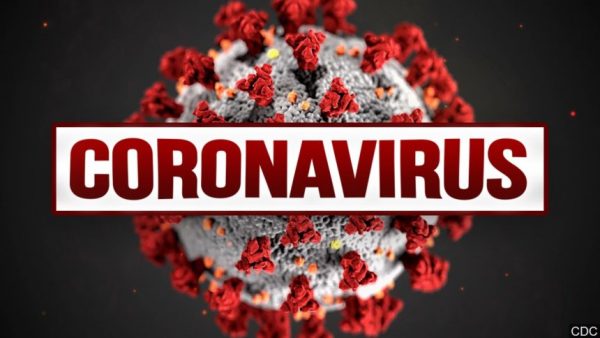Medical experts and researchers have expanded the scope of their works to the imposition of face masks on healthy citizens by governments as a condition to ease the lockdowns or making public appearance. This has culminated into the debate of the benefits of wearing face masks in the public protection against infection and the risk of wearing face masks. A major argument is that healthy people have no need to wear face masks considering higher risks of exposure to coronavirus infection, except in a medical environment.
It has been posited that face masks do not protect the wearer from respiratory infection transmission by others.
The American Medical Association in a study on masks, warned that face masks should be used only by individuals who have symptoms of respiratory infection such as coughing, sneezing, or, in some cases, fever. The Association further cautioned that face masks should not be worn by healthy individuals to protect themselves from acquiring respiratory infection because there is no evidence to suggest that face masks worn by healthy individuals are effective in preventing people from becoming ill.
Neurosurgeons are of the view that face masks restrict the elimination of virus, thus, recirculate the virus into the nasal/sinus and upper respiratory passages. They postulated that “by wearing a mask, the exhaled viruses will not be able to escape and will concentrate in the nasal passages, enter the olfactory nerves and travel into the brain.” They pointed out that “the direct rebreathing of the virus back into the nasal passages can contribute to the migration of the virus to the brain.”
Other scholars argue that “wearing a face mask can increase the risk of infections. They articulated that a drop in oxygen levels (hypoxia), is associated with an impairment in immunity. It was indicated that studies have shown that hypoxia can inhibit the type of main immune cells used to fight viral infections called the CD4+ T-lymphocyte.
“This occurs because the hypoxia increases the level of a compound called hypoxia inducible factor-1 (HIF-1), which inhibits T-lymphocytes and stimulates a powerful immune inhibitor cell called the T-regs. “This sets the stage for contracting any infection, including COVID-19 and making the consequences of that infection much graver.
“In essence, your mask may very well put you at an increased risk of infections and if so, having a much worse outcome.
“In addition, reduced oxygenation can accelerate cancer growth,” experts in Oncoimmunology highlighted.
The experts also posited that wearing a face mask causes one to re-breath the carbon dioxide (CO2), that the lungs are attempting to expel. They asserted that this in turn reduces the immune response, negatively affects epithelial cell function (cells in the lungs and blood vessels) and lowers the amount of oxygen exchange across the alveolar membranes.
One of the experts in this field highlighted in an article:
“Hypercapnia, the elevation of carbon dioxide (CO2) in blood and tissues, commonly occurs in severe acute and chronic respiratory diseases, and is associated with increased risk of mortality. Recent studies have shown that hypercapnia adversely affects innate immunity, host defense, lung edema clearance and cell proliferation. Airway epithelial dysfunction is a feature of advanced lung disease….These changes in gene expression indicate the potential for hypercapnia to impact bronchial epithelial cell function in ways that may contribute to poor clinical outcomes in patients with severe acute or advanced chronic lung diseases.”
It was stated that this clearly can have a negative effect on human population at a of COVID-19 infection.
However, other experts strongly support general wearing of face masks in the belief that they protect people from infection by carriers of coronavirus. But those on the other divide insist that healthy people should not wear face masks, saying that only infected people or medical personnel should wear face masks.

 Business7 days ago
Business7 days ago
 Business6 days ago
Business6 days ago
 Education6 days ago
Education6 days ago
 Crime7 days ago
Crime7 days ago
 Football12 hours ago
Football12 hours ago
 Covid-196 days ago
Covid-196 days ago
 Business7 days ago
Business7 days ago
 Latest4 days ago
Latest4 days ago






